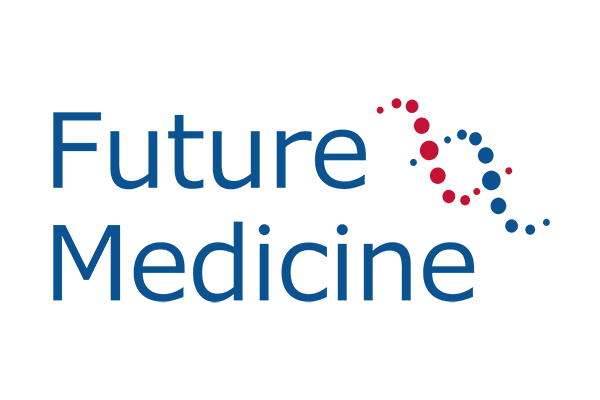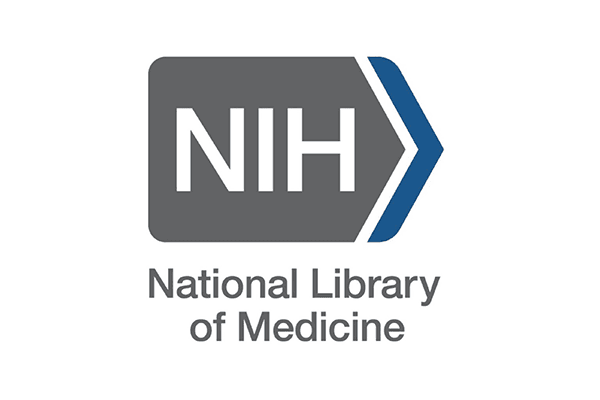
The aim of this study was to understand stakeholders’ views on data sharing in multicenter comparative effectiveness research studies and the value of privacy-protecting methods. 11 semi-structured interviews were held with patients, researchers, Institutional Review Board staff, multicenter research governance experts, and healthcare system leaders within 5 US Stakeholder groups. Stakeholders were open to data sharing in multicenter studies that offer value and minimize security risks. Cost and security risks were the primary influences against data sharing.





